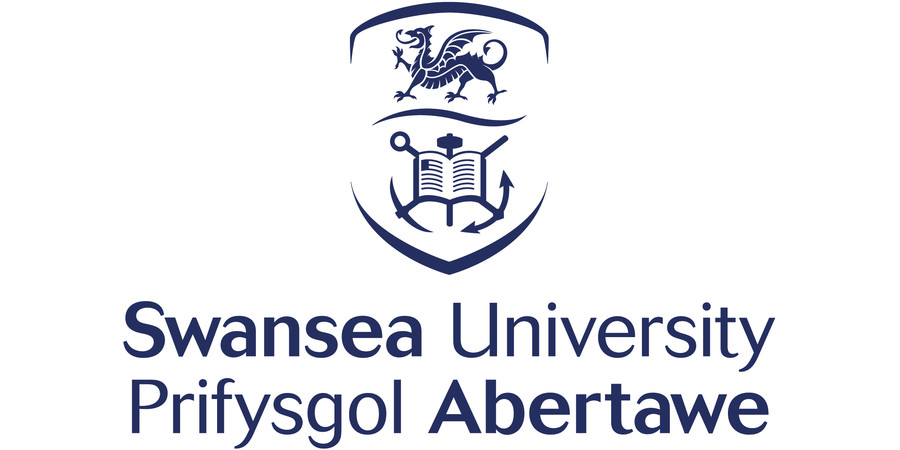PhD Studentship: Law and Criminology: Fully Funded ESRC Wales Graduate School for the Social Sciences Studentship in the Empirical Studies in Law and Criminology Pathway
Swansea University - Law and Criminology
| Qualification Type: | PhD |
|---|---|
| Location: | Swansea |
| Funding for: | UK Students, EU Students, International Students |
| Funding amount: | £19,237 p.a. |
| Hours: | Full Time |
| Placed On: | 25th October 2024 |
|---|---|
| Closes: | 11th December 2024 |
Funding providers: ESRC WGSSS 50%; Swansea University 50%
Project description:
Swansea University, supported by the Economic and Social Research Council (ESRC) Doctoral Training Partnership for Wales (Wales DTP), invites applications for PhD study in Criminology, and Law, with the possibility of being awarded a fully funded ESRC DTP studentship, available to start in October 2025.
The ESRC Wales DTP, has for many years, supported postgraduate research at Swansea University by awarding applicants funded studentships through its annual competition. Applicants will be supported by a dedicated team of postgraduate research professionals and supervised by highly experienced academics in either Criminology or Law.
Criminology sits within the School of Social Sciences, adding complementary interdisciplinarity in legal studies, the Wales Observatory on Human Rights of Children and Young People, the Centre for Social Change, and the collaborative Centre for Criminal Justice and Criminology (CCJC). The CCJC undertakes interdisciplinary empirical research on areas including youth justice policy, drug policies and criminality, policing, sports criminology, sex work, crimes of the powerful, the political economy of crime in the Global South, maritime security and crime, terrorism and cybercrime. Swansea University also hosts the ESRC Administrative Data Research Centre (Wales), which facilitates access to linked, de-identified administrative data in a secure environment.
The School of Law is located within the Faculty of Humanities and Social Sciences, providing a unique setting within which to conduct empirical or socio-legal research connecting with law the concerns and methods of social science. Swansea’s School of Law has an active and vibrant research culture including: CCJC; Cyber Threats Research Centre (CYTREC); Institute of International Shipping and Trade Law (IISTL); Observatory on Human Rights of Children; and the Governance and Human Rights Research Group. Previously the School has supported studentships across a wide range of sub-disciplines, including: public and constitutional law; legal education; human rights; disability law; asylum law; tort law; environmental law; European Union law and governance; family law; perceptions of risk in third sector sporting clubs; banking and environmental risk; comparative Welsh/English housing law/policy; and constitutional perspectives on Welsh Devolution.
Eligibility
To receive ESRC studentship funding, you must have qualifications or experience equal to an honour’s degree at a first or upper second-class level, or a masters from a UK academic research organisation.
Students with non-traditional academic backgrounds are also welcome to apply.
WGSSS studentships are available to home and international students. Up to 30% of our cohort can comprise international students. International students will not be charged the fee difference between the UK and international rate. Applicants should satisfy the UKRI eligibility requirements.
The WGSSS is committed to supporting and promoting equality and diversity and to creating an inclusive environment for all. We welcome applications from all members of the global community irrespective of age, disability, sex, gender identity, gender reassignment, marital or civil partnership status, pregnancy or maternity, race, religion or belief and sexual orientation.
We welcome applications for both full and part-time study. Please note that you may need to provide evidence of your English Language proficiency.
English Language: IELTS 6.5 Overall (with no individual component below 6.0) or Swansea University recognised equivalent. Full details of our English Language policy, including certificate time validity, can be found here.
Funding Details
The studentship funded by the ESRC covers tuition fees and an annual tax-free living stipend in line with UKRI minimum rates (currently £19,237 for 2024/25).
Advert information
Type / Role:
Subject Area(s):
Location(s):









